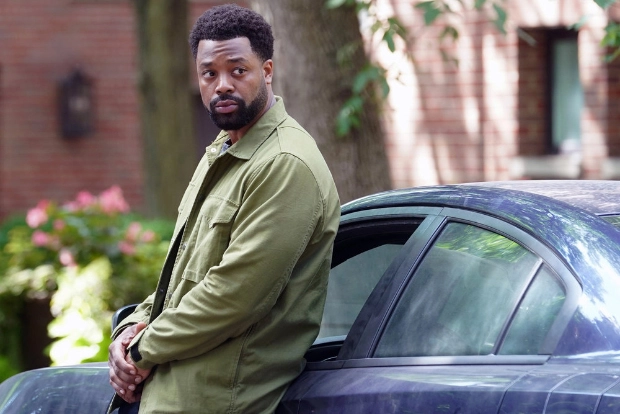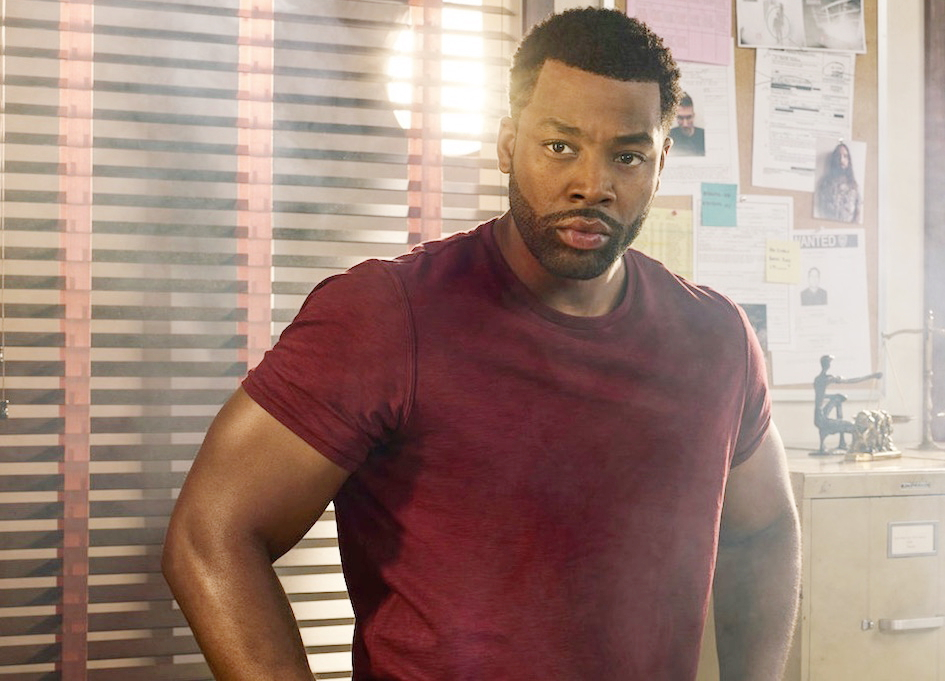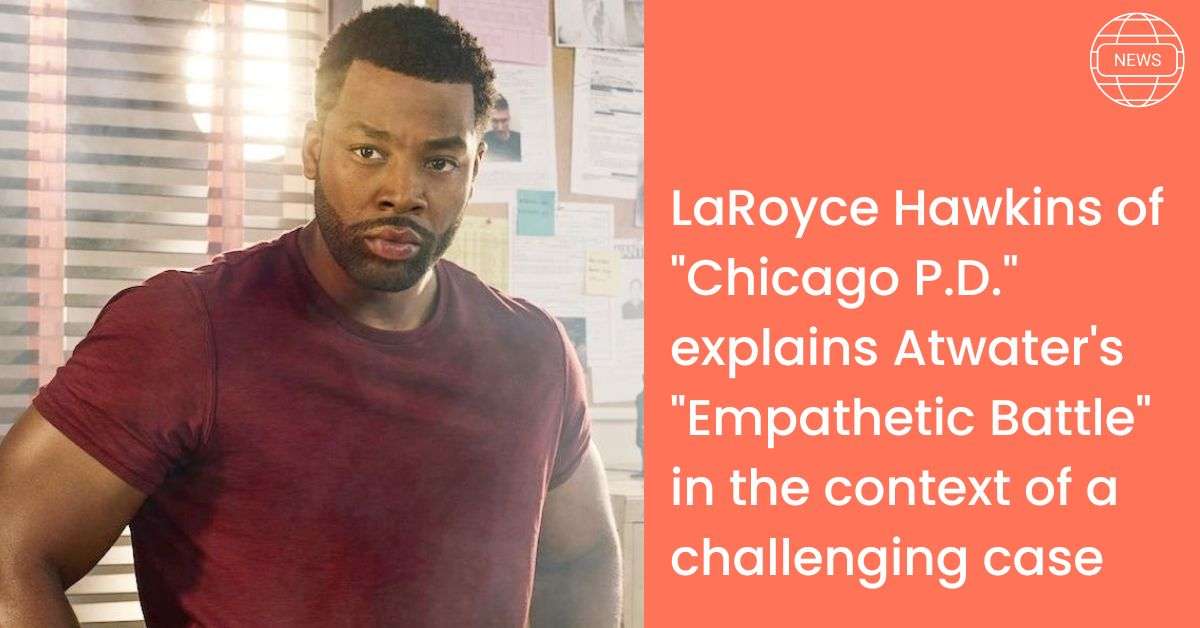Star of “Chicago P.D.” LaRoyce Hawkins discusses the crucial Atwater-centered episode, the moving climax, and demonstrating reform.
Kevin Atwater will always defend his interests. On Chicago P.D.’s November 2 episode, a case goes awry while Atwater tried to defuse the situation, and a suspect ends up killed.
During a struggle, the juvenile suspect surged at Atwater and ultimately fired the shot that killed him. Atwater was on the suspect’s side when he passed away.
The suspect’s relatives started spreading untrue rumors about Atwater and asserted that their son’s death was the result of CPD’s negligence.

At the station, the mother implored Atwater to tell her her son’s final words as the father attacked him and promised to destroy him.
When asked to claim that this was a case of sympathetic reaction, Atwater declined. Atwater offered the suspect’s mother the comfort she required after he was exonerated.
LaRoyce Hawkins of the Chicago Police Department spoke EXCLUSIVELY with HollywoodLife about that poignant moment for Atwater.
LaRoyce praised the moment, saying, “What I enjoyed about that moment is that it is directly tied to our first moment in the episode where Atwater gives the speech about empathy and how essential it is.”
“Every empathic bone in his body is put to the test throughout the program, leading up to that point. That, in my opinion, is the telltale indicator that you can turn the corner. That, in my opinion, was Atwater’s final signal of success.
Because he was able to respond to her inquiries, he was able to defeat everything outside of himself in the sympathetic conflict. Royce could help her.
Atwater was moved by her approach, which was starkly different from her husband’s, and I felt compelled to fill in the gaps and offer closure because doing so would be the most humane thing to do.
LaRoyce acknowledged that he is “not sure how quick Atwater is to get his gun out anymore if he doesn’t have to” following the issues in this case.
“I believe that a situation like this enables Atwater to shift into a mindset that says, “Okay, I still want to serve, I still want to protect, and I want to do all in my power to ensure that I can keep people safe.
But imagine if we simply resumed fighting it out the old-fashioned manner. Why do we have to use these weapons so frequently, you get what I’m saying? A good old-fashioned a**-whooping, in my opinion, can save the city.
If you had so many levels before we had to draw out guns and start firing, he continued. We won’t necessarily solve more crimes, but we will undoubtedly save more lives.
That was the strategy. The fact that “Sympathetic Reflex” presents us with a fresh perspective on police is what I found appealing about it. That, in my opinion, is what the Atwater stands for.

LaRoyce was “grateful” to discuss the subject when HollywoodLife brought up how important and urgent police reform is. One of my favorite poets, Gil Scott-Heron, once claimed that the “revolution will not be televised,” but LaRoyce believes that the Atwater reformation will.
“I think we have a shot with Chicago P.D. because I think we were becoming better at not only handling specific problems but also unlearning season by season. I think reformation will be seen on television.
Unlearning, in my opinion, is the first step in reformation. A great example of what you need to be able to properly navigate the system—which can be quite difficult and dark—is the “Sympathetic Reflex.”
The actor shared a memory from his past that is still influencing him today. “When I lived in Harvey, I can remember getting arrested once and being hauled for a few hours in a paddy wagon.
I won’t explain why or how, but I was simply meant to be outdoors picking up trash “LaRoyce remarked. “I didn’t do anything wrong. My neighbor’s home had just been robbed, so I was escaping a crime scene.
But when they uncuffed me and I realized it wasn’t me, he said, “the only thing I asked the cop to do was escort me to my house so I could tell my mother where I had been for so long.
He said he would meet me at the door after grabbing some documents from the paddy van and glancing at me Unbelievably, this man made a U-turn and started his car. My mother would have only believed me if my little brother hadn’t seen the lights and it wasn’t obvious that the handcuffs were off.
Imagine, however, how I didn’t trust the police growing up in Harvey because he couldn’t just do anything simple like tell my mom that he made a mistake, that I’m a wonderful kid, and that he recognized they were wrong.
When I approach things in that way, those are the references I have. Think about what would have happened if the policeman had just led me to my door and informed my mother. NBC broadcasts Chicago P.D. every Wednesday at 10 p.m.
